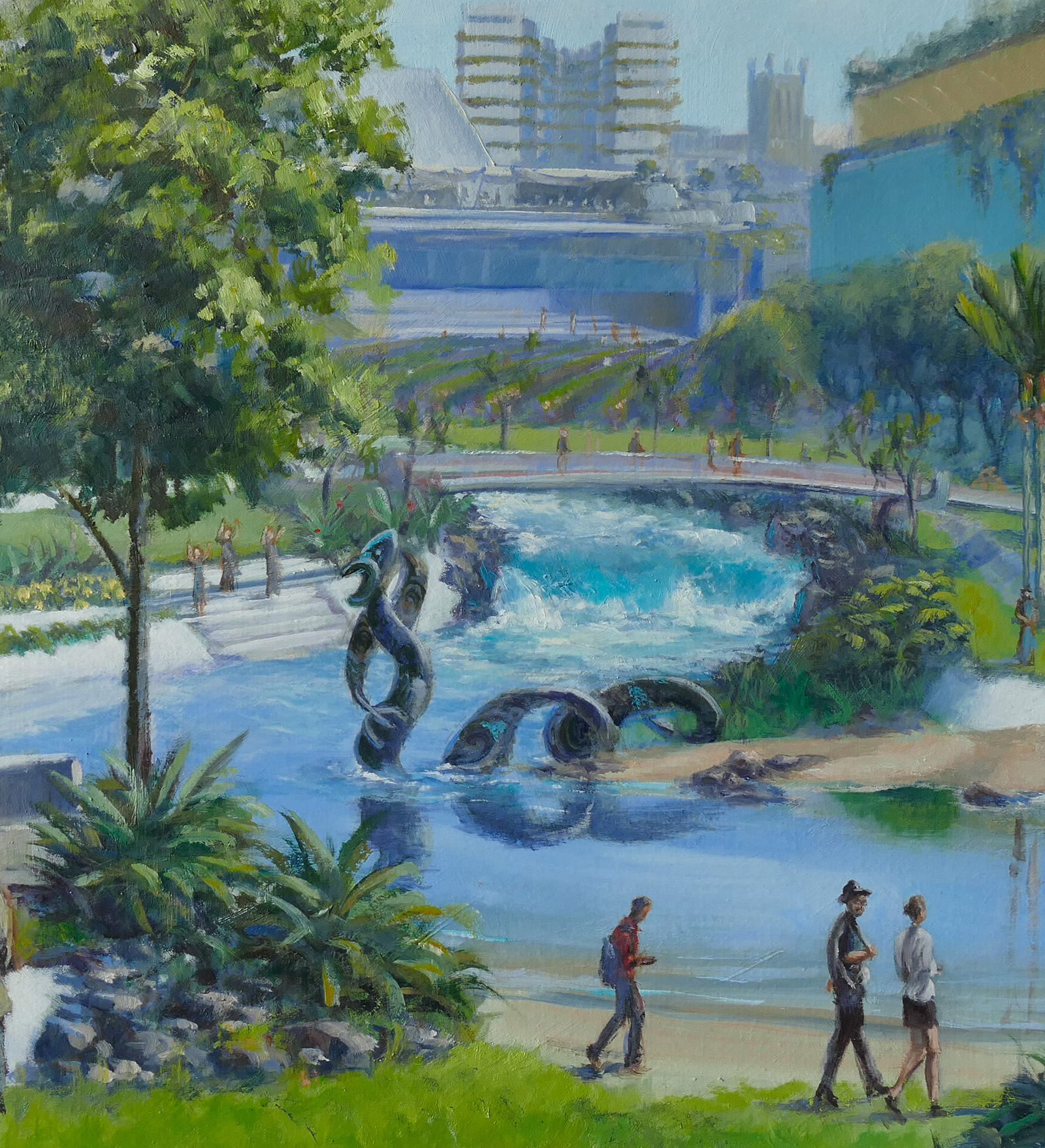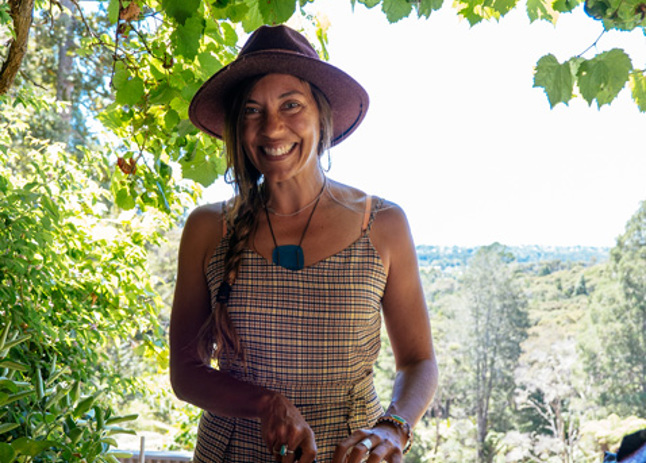Tāmaki Makaurau / Auckland aspires to become a world class city. Reducing our greenhouse gas emissions and being resilient to the impacts of climate change are critical to this vision.
The Auckland Plan ensures our city addresses climate change by committing to a low emissions and low carbon future. That includes developing ways to become resilient to the adverse effects of a changing climate.
In 2019 Auckland Council unanimously declared a Climate Emergency recognising the need for Auckland to contribute to delivering on the Paris Agreement targets to keep temperature increases below dangerous levels (e.g. 1.5°C).
Te Tāruke-ā-Tāwhiri: Auckland's Climate Plan was endorsed by council in 2020.
A Tāmaki Makaurau / Auckland response reflects our values and the foundations we need to thrive, including how we embed mātauranga Māori and Te Ao Māori principles. We know that Māori identity - including language and culture - is what makes Tāmaki Makaurau / Auckland and New Zealand unique in the world, and embracing this, particularly with respect to mana whenua, must be at the heart of our response.
The plan sets out eight priorities for climate action and sets out two main elements:
- Clear greenhouse gas (GHG) emissions reduction targets – to halve emissions by 2030, reaching net zero emissions by 2050.
- Preparing Auckland for the impacts of climate change – taking a precautionary approach, planning how we will adapt to climate change given our current emissions pathway and the prospect of a 3.5 degrees warmer region.

Auckland Council and Council Controlled Organisations have made a number of infrastructure investments that reduce carbon emissions. These include double decker buses, electric trains, cycle ways, LED streetlights and GreenStar-rated developments. Infrastructure projects are an excellent opportunity to reduce carbon emissions, however the way Aucklanders use this infrastructure and live their lives is an essential part of the solution.

What does this mean for Aucklanders?
The choices we all make in our everyday lives contribute to our impact on the climate or our 'carbon footprint'. When we consider all the emissions from the products and services individual Aucklanders consume in our daily lives, the average ‘carbon footprint’ is over 9 tonnes CO2e per person (C40 Cities Consumption-based Emissions Accounts, Auckland, 2018).
So, what is a carbon footprint? This is an estimate of the amount of greenhouse gasses (measured in carbon dioxide equivalent CO2e) produced by the activities we do and the products we use. While it may not seem like much to choose to take the bus instead of driving, compost your food scraps instead of sending them to landfill, or insulate your home to save energy, the collective impact of doing these things adds up. We can all make a difference to reduce the effects of climate change.


